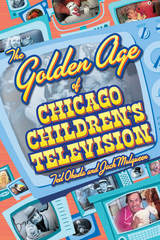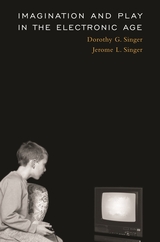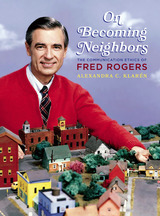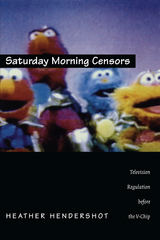

Television, video games, and computers are easily accessible to twenty-first-century children, but what impact do they have on creativity and imagination? In this book, two wise and long-admired observers of children's make-believe look at the cognitive and moral potential--and concern--created by electronic media.
As Dorothy and Jerome Singer show, violent images in games and TV are as toxic as many observers have feared by stimulating destructive ideas and troubling aggression. But should all electronic media be banned from children's lives? Calmly and authoritatively, the Singers argue that in fact some screen time can enrich children's creativity and play, and can even promote school readiness. With guidance from parents and teachers, empathy, creativity, and imagination can expand and intensify in the electronic age.

Video games, television, and computers are facts of life for today's children. Anxious parents and teachers, concerned with maintaining the intellectual and social richness of childhood, need to understand their effects. Are we producing a generation of passive children who can't read, who require constant visual and aural stimulation, and who prefer the company of technical instruments to friends and family?
Greenfield believes that to answer this question we should not cling to old and elitist assumptions about the value of literacy. Instead she urges that we explore the results of the new research to discover how the various media can be used to promote social growth and thinking skills. She finds that each medium can make a contribution to development, that each has strengths and weaknesses, and that the ideal childhood environment includes a multimedia approach to learning.
Current studies show us, for example, that television may indeed hinder reading ability under some circumstances. Yet it may also be used to enhance and motivate reading. Television can foster visual literacy, teaching children how to interpret close-ups, zooms, and cutting, and beyond this, how to pick up visual details, orient oneself in space, and anticipate formats and patterns of behavior. Video games teach spatial skills and inductive thinking, and classroom computers, contrary to the popular stereotype, encourage cooperative enterprise.
Timely and optimistic, Mind and Media is filled with unexpected conclusions and practical suggestions for helping our children to thrive in a technological world.

Winner, 2020 NCA Top Single-Author Book of the Year Award
Fred Rogers is an American cultural and media icon, whose children’s television program, Mister Rogers’ Neighborhood, ran for more than thirty years (1967-2001) on the Public Broadcasting System. In this highly original book, communication scholar Alexandra C. Klarén shows how Rogers captured the moral, social, and emotional imaginations of multiple generations of Americans. She explores the nuanced complexity of the thought behind the man and the program, the dialogical integration of his various influences, and the intentional ethic of care behind the creation of a program that spoke to the affective, cultural, and educational needs of children (and adults) during a period of cultural and political upheaval. Richly informed by newly available archival materials, On Becoming Neighbors chronicles the evolution of Rogers’ thought on television, children, pedagogy, and the family through a rhetorical, cultural, and ethical lens. Klarén probes how Rogers creates the conditions for dialogue in which participants explore possibilities and questions relating to the social and material world.

Drawing on archival studio material, interviews with censors and animators, and social science research, Hendershot analyzes media activist strategies, sexism and racism at the level of cartoon manufacture, and the product-linked cartoons of the 1980s, such as Strawberry Shortcake and Transformers. But in order to more fully examine adult reception of children’s TV, she also discusses “good” programs like Sesame Street and Fat Albert and the Cosby Kids. Providing valuable historical context for debates surrounding such current issues as the V-chip and the banning of Power Rangers toys in elementary schools, Saturday Morning Censors demonstrates how censorship can reveal more fears than it hides.
Saturday Morning Censors will appeal to educators, parents, and media activists, as well as to those in cultural studies, television studies, gender studies, and American social history.


READERS
Browse our collection.
PUBLISHERS
See BiblioVault's publisher services.
STUDENT SERVICES
Files for college accessibility offices.
UChicago Accessibility Resources
home | accessibility | search | about | contact us
BiblioVault ® 2001 - 2024
The University of Chicago Press









